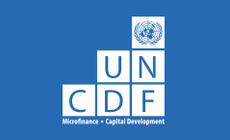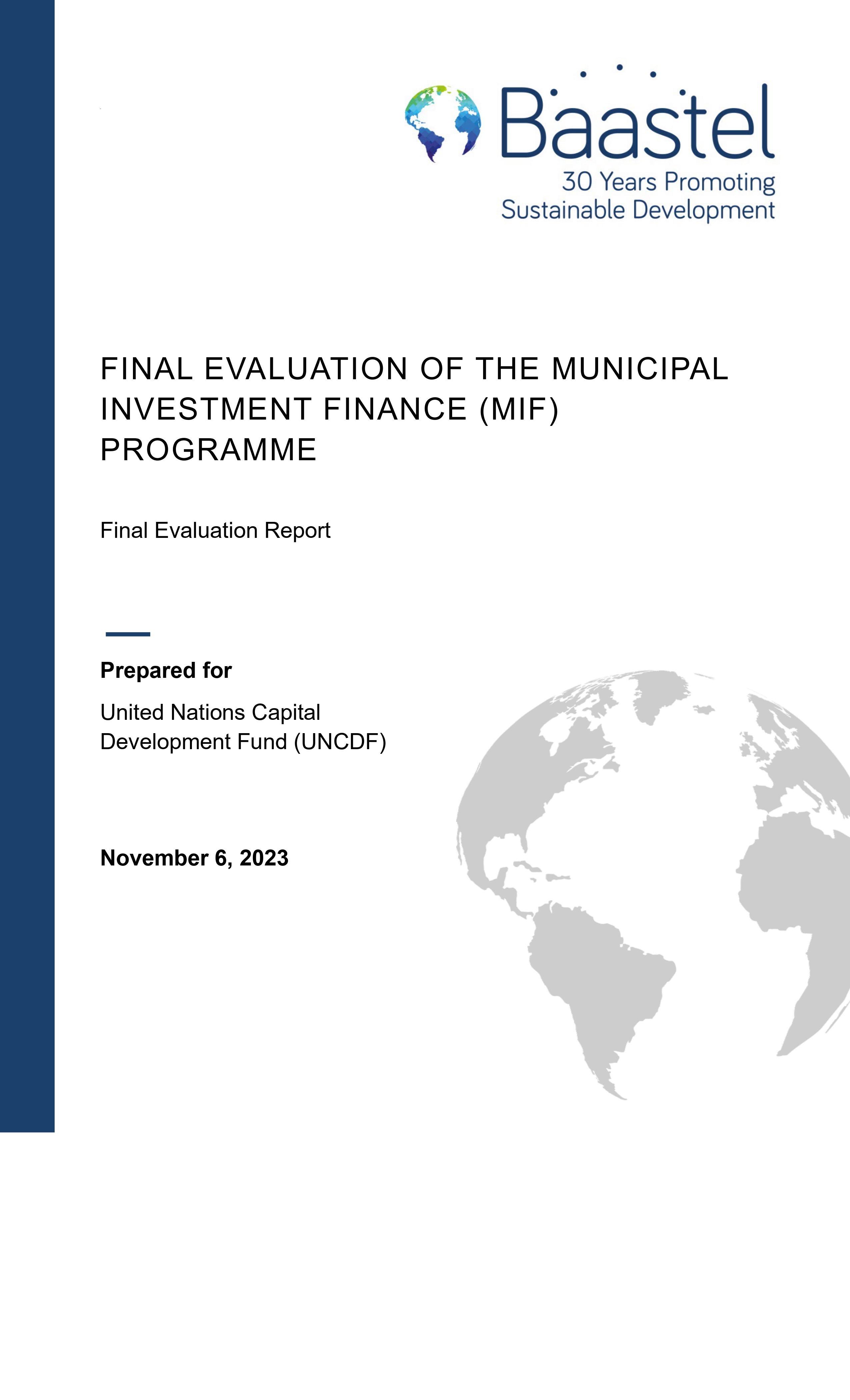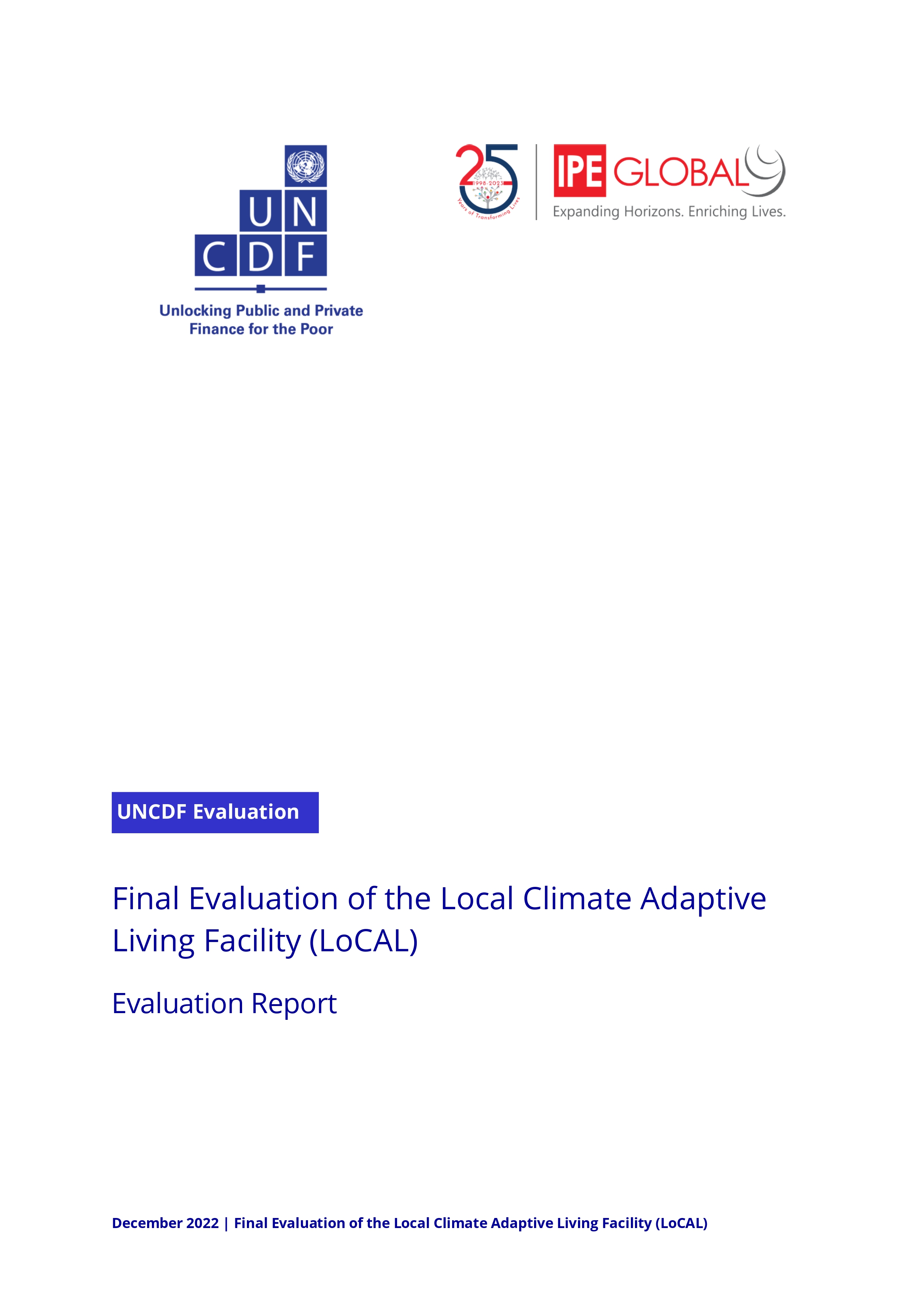Institution Background
The UN Capital Development Fund assists developing countries in the development of their economies by supplementing existing sources of capital assistance by means of grants, loans and guarantees, first and foremost for the least developed among the developing countries.
As a Flagship Catalytic Blended Financing platform of the UN, UNCDF utilizes its unique capability to crowd-in finance for the scaling of development impact where the needs are greatest—a capability rooted in UNCDF’s unique investment mandate—to support the achievement of the 2030 Agenda for Sustainable Development and the realization of the Doha Programme of Action for the least developed countries, 2022–2031.
Evaluation Function
External Assessments of UNCDF’s Evaluation Function
As other evaluation entities in the UN system, UNCDF’s Evaluation Unit is often subject to external assessment against international good practice in evaluation, such as the UN Evaluation Group Norms and Standards, as a benchmark. The last of such assessments took place in 2018 and prior to that 2014 .
The 2014 assessment found evaluation at UNCDF to be "credible, of appropriate quality and offer(ing) impartial analysis" It also praised UNCDF’s innovation in evaluation, which had helped the function become an important component of UNCDF’s efforts to develop "cutting edge" approaches in its work more broadly. The 2018 assessment confirmed that the arrangements envisaged for UNCDF in the revised Evaluation Policy were functioning well and that the quality of UNCDF evaluations had been rated highly by UNDP’s Independent Evaluation Office (with nine out of ten evaluations assessed since 2016 receiving the top two scores of "satisfactory" or "highly satisfactory" against a six-point scale).
Evaluation in UNCDF is subject to UNDP’s Evaluation Policy . This policy sets out the guiding principles, norms and key concepts for evaluation in UNDP, UNCDF and UNV.
UNCDF follows the rules and standards established by UNEG
The policy draws upon the norms and standards of the United Nations Evaluation Group (UNEG), whose objective is to strengthen the objectivity, effectiveness and visibility of the evaluation function across the UN system and to advocate the importance of evaluation for learning, decision making and accountability.
Clearly defined roles and responsibilities
The UN Capital Development Fund is required to "establish evaluation plans, provide funding, commission evaluators, provide management replies, and learn from evaluation results" in accordance with the policy.
Core responsibilities of the Evaluation Unit
- Managing and conducting evaluations according to relevant UN quality standards.
- Supporting the elaboration of well-defined results frameworks to facilitate the evaluation of programmes and activities.
- Ensuring the dissemination of evaluation findings and lessons.
- Tracking management responses and follow-up to agreed evaluation recommendations.
- Contributing to developing evaluation capacity within UNCDF and beyond.



